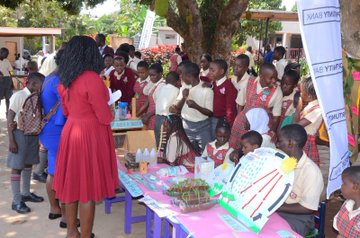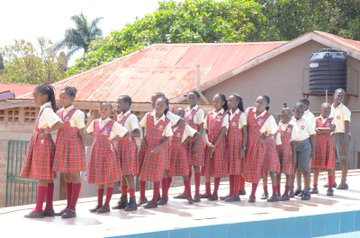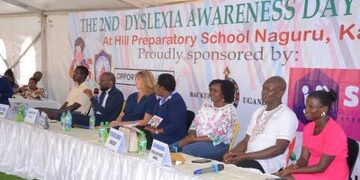The Commissioner for Special Needs Education at the Ministry of Education and Sports, Sarah Kibooli Bugoosi, has cited the need to identify and support children with dyslexia so they can stay in school and receive education.
She made the remarks Friday at the Second Dyslexia Awareness Day celebrations held at Hill Preparatory School Naguru, Kampala.
The event attracted teachers, parents, and stakeholders in the education sector who came to learn more about dyslexia and how to support children with this condition.

Dyslexia is a learning difficulty that affects the skill of reading and spelling. It can also mean having trouble with words, that one may struggle to pronounce or write them. There are learners in school who are experiencing this condition.
According to Bugoosi, the Education Ministry has made efforts to train children with learning difficulties and also those with disabilities.
“Working with other stakeholders in the education sector, we have been able to allow these children sit for examination depending on their condition and provide the necessary reasonable accommodation,” she noted.
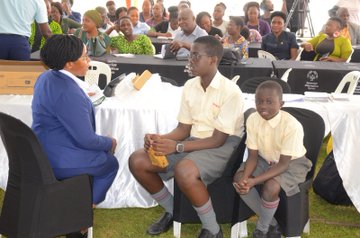
“However, the challenge is that these learners are not identified and given the necessary attention. This explains the high dropout rates. Therefore, there is a need to identify learners with challenges and support them.”
According to Esther Akwii from the United Nations International Children’s Emergency Fund (UNICEF), it is hard to know the exact number of learners with disabilities and learning impairments to guide planning for them.
“For as long as we don’t know how many learners need attention it will be difficult to explain the high school dropout of learners with learning impairment and disabilities,” noted Akwii.
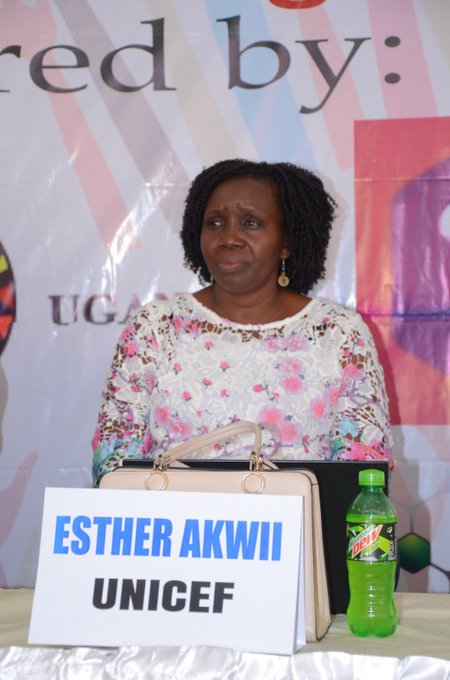
Dr Paul Njuki, a specialist in speech and language therapy, advocated for more inclusive learning for all learners.
“I advocate for social inclusion and inclusive education. All learners have different ways of learning. There is a need to be patient with some learners, especially those who are slow and those that can’t write words correctly or pronounce them correctly,” he said.
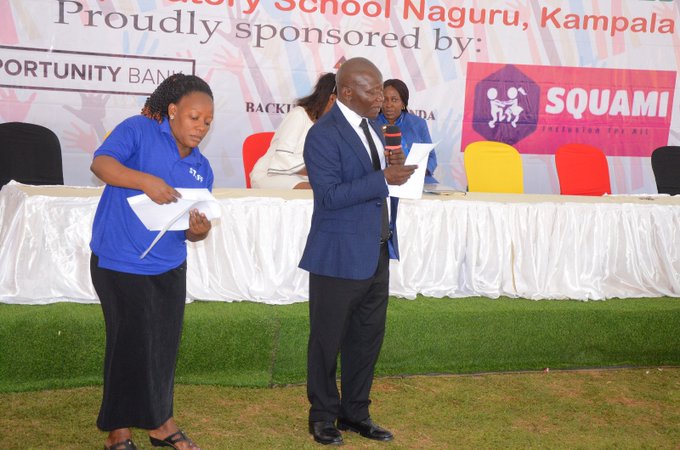
Sean Paul, who has dyslexia, pleaded with parents and schools to support their dreams.
“Help us succeed like others by supporting us in reaching our full potential. With your support, we can become valuable contributors to both our personal growth,” he appealed.
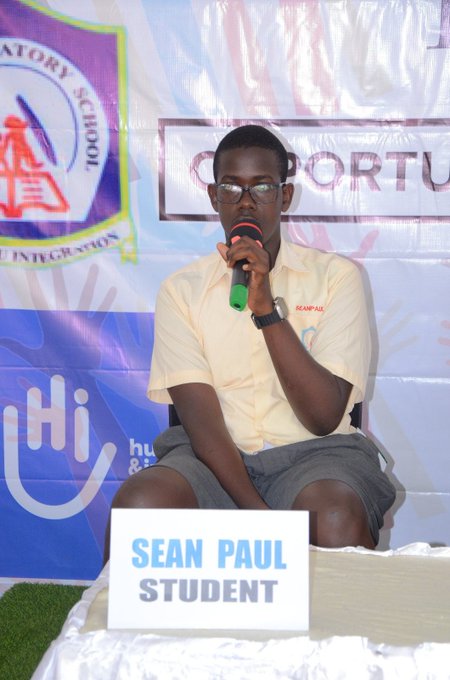
The event ended with a skit performed by pupils of Hill Preparatory School Naguru which encouraged parents to take their children with disabilities to school instead of forcing them into early marriages.
